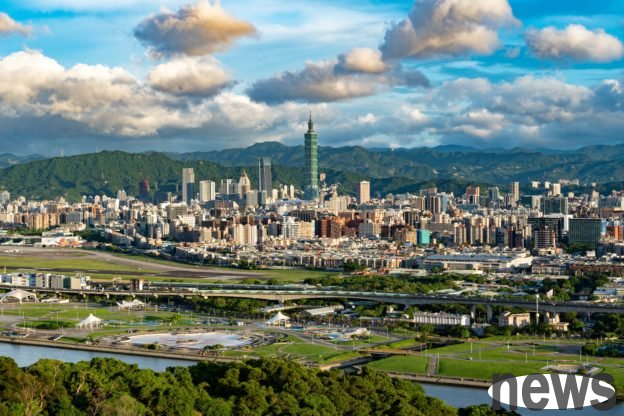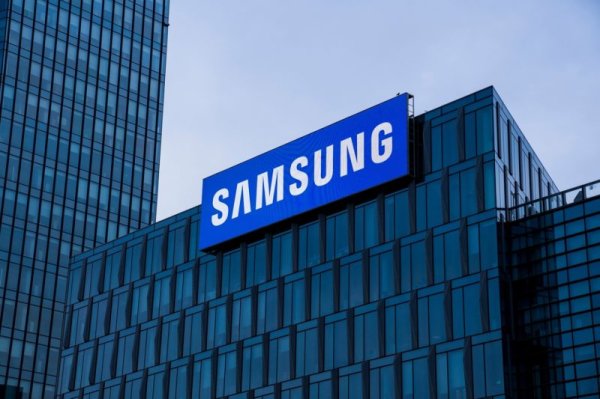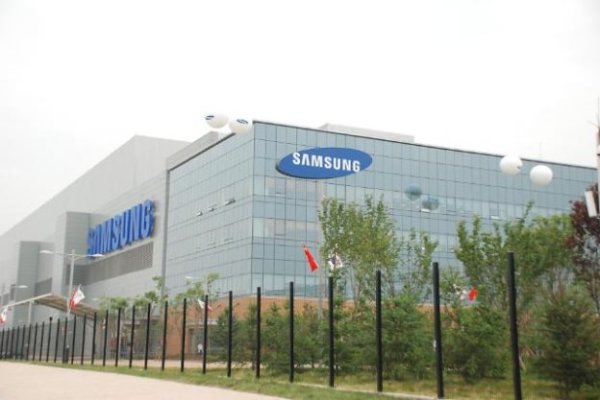Taiwan s per capita GDP this year is estimated to surpass Korea, and Korean media revealed three major reasons

According to Korean media reports, South Korea's per capita GDP in 2025 will be Taiwan's supercar. Analysis pointed out that Taiwan's finding new economic power, leading support for AI and talent competition may be the biggest key.
The governments of South Korea and Taiwan predicted that South Korea's per capita domestic production gross (GDP) this year fell at US$37,430, down from US$38,066 in Taiwan.
Korean media reported to experts to analyze that the main factor behind South Korea's backwardness in Taiwan comes from insufficient economic growth. Before South Korea's per capita GDP exceeded US$30,000 in 2016, it vigorously promoted economic growth through semiconductors, automotive, chemistry, and oil production industries, but it has not been able to find a new growth engine in the next ten years.
Comparing nine of the top ten export products in South Korea 20 years ago and later, including semiconductors, automobiles, petroleum products, etc., are heavy industry products concentratedly cultivated by the Korean government from the 1970s to the 1980s.
In contrast, Taiwan's semiconductor industry "chooses and concentrates" to explore new growth engines. Analysis points out that Taiwan's semiconductor industry understands that it cannot compete with competitors from design to production, so all resources are invested in crystalline OEM. When South Korea chose a small profit and bullish market, Taiwan chose a crystalline OEM market that is twice as big as the memory market. Even though Samsung began to invest in OEM business ten years ago, it still failed to narrow the gap with Taiwan.
Secondly, the Taiwan government has designated artificial intelligence (AI) as a "future core industry" like a semiconductor industry. Former President Tsai Ing-wen's Asia Silicon Valley project began to focus on AI and semiconductors since 2016, and continued to invest heavily in AI in 2020, and provided tax benefits for related new entrepreneurs. Cooperation with NTU has greatly improved the basic construction of AI chip production.
However, South Korea has only set the "three major AI countries" as its target in recent years, saying it will increase investment in AI, but the budget is less than 10% lower than that of major countries such as China and the United States. Liang Junsui (pronunciation), a professor at the Catholic University of Korea, pointed out that Taiwan is mainly small and medium-sized enterprises, and is not as good as Korean Ming in influenced by supply chains.
Finally, there is Taiwan's talent competition. The recent report on the 2025 World Talent Ranking of the Institute of Management of Lausanne (IMD) in Switzerland, 69 of which were rated as economics, Taiwan ranked 17th, far surpassing South Korea (37th), China (38th) and Japan (40th), Asia only surpassed Hong Kong (4th) and Singapore (7th).
Analysis points out that Taiwan pays more attention to outstanding talents in the fields of semiconductors, AI, etc., and the salary and social status that these people receive are relatively high; but Korean talents are relatively bad in the domestic industry or academic circles, and most of them go overseas to seek opportunities.
Korean Statistics Department Statistics: The proportion of Korean science and engineering students who stay overseas after obtaining a doctorate degree increased significantly from 15.3% in 2020 to 22.7% last year; at the same time, Taiwan decreased from 8.5% to 7.2%. Professor Li Zongheng (pronunciation), Xiangming University, felt that in Korea, "even if the semiconductor system is established, students will withdraw from school and go to the medical school", which is difficult to keep outstanding talents in the country, and even in AI industry.
Extended reading: South Korea's per capita GDP in 2025 is estimated to be behind Taiwan, and it was first supervised by Taiwan in 22 years In 2025, Taiwan rose to 17th place and ranked third in Asia



